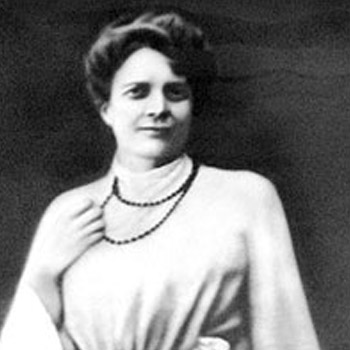Pandit Jawaharlal Nehru
Pandit Jawaharlal Nehru, fondly remembered as Chacha Nehru, occupies a prominent place in the history of modern India. He was not only the first Prime Minister of free India but also one of the chief architects of its democratic and secular foundation. Nehru combined his vision for progress with a deep-rooted love for the country, guiding a newly liberated nation through challenges that were both internal and external.
Early Life and Education
Jawaharlal Nehru was born on 14th November 1889 in Allahabad, into a wealthy Kashmiri Brahmin family. His father, Motilal Nehru, was a barrister and an influential leader in the Indian National Congress. Nehru’s childhood was marked by an atmosphere of affluence, yet he was profoundly influenced by the political and social environment of colonial India. He was educated in some of the finest institutions of the world, including Harrow School in England and later Trinity College, Cambridge. He then studied law at the Inner Temple, London before returning to India. While law was his profession, politics soon became his true calling, fueled by Mahatma Gandhi’s philosophy and the burning desire to see India free.
Entry into Indian Freedom Struggle
Nehru’s political journey gained momentum in the 1920s. Inspired by Mahatma Gandhi’s ideals of non-violence and Satyagraha, he actively participated in agitations against British rule. Unlike many of his contemporaries, Nehru had a global outlook and frequently emphasized the significance of socialism, science, and industrialization for India’s emancipation.
At the Lahore Session of the Indian National Congress in 1929, Nehru played a pivotal role as Congress declared Purna Swaraj (complete independence) as its ultimate goal. This resolution symbolized a turning point in India’s fight for freedom.
Leadership and Prime Ministership
When India achieved independence on 15th August 1947, Nehru became the nation’s first Prime Minister. He held the position until his death in 1964, making him the longest-serving Prime Minister of independent India. As Prime Minister, Nehru faced monumental challenges: partition-induced violence, refugee rehabilitation, the integration of princely states, and laying down policies for governance. His leadership emphasized:
- Democracy and Secularism: Nehru firmly believed that India’s diversity could only thrive in a secular, democratic framework. He ensured that constitutional governance became India’s political backbone.
- Science and Technology: He promoted scientific temper and industrialization. Establishing the Indian Institutes of Technology (IITs), the Planning Commission, and fostering atomic energy research were part of his vision of a modern, self-reliant India.
- Foreign Policy: Nehru became the pioneer of the Non-Aligned Movement (NAM), aiming for India to maintain independence in world affairs rather than aligning with either the US-led or Soviet blocs during the Cold War.
- Education and Modernization: He was a strong advocate for universal education and laid the foundations of institutions that promoted higher learning, research, and development.
Nehru and the People
Nehru’s deep affection for children earned him the affectionate title of Chacha Nehru. He believed that the future of the country lay in nurturing young minds, and therefore Children’s Day is celebrated on his birthday, 14th November, to remind the nation of his vision.
He was also a gifted writer and thinker; his work The Discovery of India remains a cornerstone in understanding India’s cultural, historical, and philosophical heritage.
Criticisms and Challenges
While Nehru’s role in shaping modern India is undeniable, he was not free from criticism. His handling of the 1959 Tibet crisis and the subsequent 1962 Sino-Indian War exposed weaknesses in India’s defense preparedness. Critics also argue that the centralized economic model he advocated slowed down industrial growth in later decades. However, despite these shortcomings, Nehru is widely admired for providing stability to a fragile newborn republic.
Legacy
Pandit Nehru passed away on 27th May 1964, leaving behind an unfinished journey but a lasting legacy. His vision of a pluralistic, democratic, and modern India continues to guide the nation. Nehru’s life was not just about leadership; it was about the constant pursuit of knowledge, progress, and inclusivity.
Even today, Nehru is remembered as a revolutionary dreamer, one who combined intellect with action, steering India through the initial storms of independence and laying the foundations of a sovereign, democratic, and self-reliant country.
Conclusion
Pandit Jawaharlal Nehru was far more than India’s first Prime Minister. He was a statesman, thinker, reformer, and beloved figure who envisioned India as a land where tradition and modernity could coexist. His leadership during the formative years after independence gave direction and substance to the making of modern India. Though debated and discussed, his contributions remain deeply embedded in the Indian ethos, making him one of the most influential figures in India’s history.




